Big healthy plants for great tasting tomatoes?
rt_peasant
10 years ago
Featured Answer
Comments (7)
LoneCowboy
10 years agoseysonn
10 years agoRelated Professionals
Ferndale Landscape Architects & Landscape Designers · Summit Landscape Architects & Landscape Designers · Manchester Landscape Contractors · Woburn Landscape Contractors · Maple Heights Landscape Contractors · Bay Shore General Contractors · Havelock General Contractors · Sun Prairie General Contractors · Arbutus Decks, Patios & Outdoor Enclosures · Fishers Decks, Patios & Outdoor Enclosures · Fredericksburg Decks, Patios & Outdoor Enclosures · Lincolnton Decks, Patios & Outdoor Enclosures · Lockport Decks, Patios & Outdoor Enclosures · Salisbury Decks, Patios & Outdoor Enclosures · Wentzville Decks, Patios & Outdoor Enclosuresdigdirt2
10 years agort_peasant
10 years agosanpedro
10 years agocarolyn137
10 years ago
Related Stories

EDIBLE GARDENSSummer Crops: How to Grow Tomatoes
Plant tomato seedlings in spring for one of the best tastes of summer, fresh from your backyard
Full Story
HOUSEPLANTS8 Essentials for Healthy Indoor Plants
Houseplants add so much to our homes — and can thrive when grown in the right conditions. Keep these tips in mind
Full Story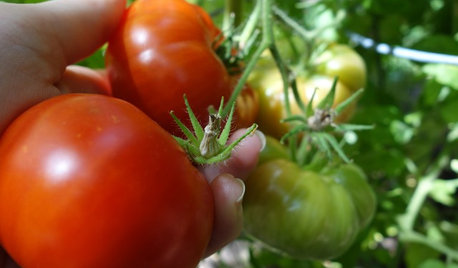
LIFEKitchen Traditions: Tomato Season Meets a Family Legacy
Somewhere a Sicilian great-great-grandmother is smiling at a bowl of American-made sauce
Full Story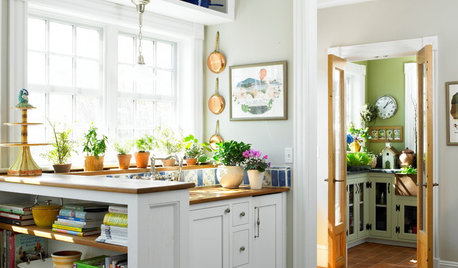
HEALTHY HOME12 Ways to Set Up Your Kitchen for Healthy Eating
Making smart food choices is easier when your kitchen is part of your support team
Full Story
HEALTHY HOME16 Ideas for a Healthy, Feel-Good Home
Making these small tweaks and bigger shifts at home can help you thrive everywhere you go
Full Story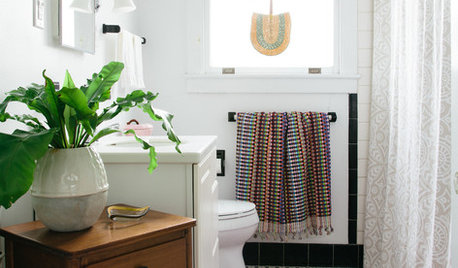
CONTAINER GARDENSFreshen Up the Bath With Lush and Healthy Plants
Learn how to choose and care for plants that will do well in your space
Full Story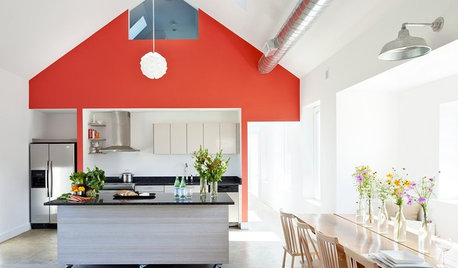
COLOR10 Reasons to Make a Splash With Tomato Red
You won’t duck at these tomatoes. See how bold red shades can play up architecture, light up a dark spot and add drama
Full Story
HOUZZ TOURSHouzz Tour: A Texas Home Gets a Healthy, Fresh Start
Mold eradication was just the beginning for this Austin family's home on a creek bed — toxins of all kinds now don't make it past the door
Full Story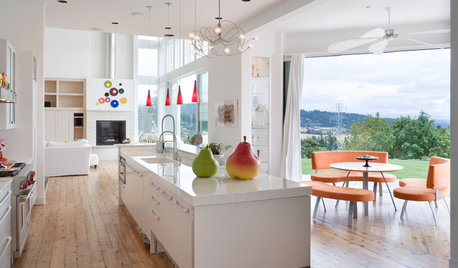
KITCHEN DESIGNYour Essential Resource for a Healthy, Ecofriendly Kitchen
Find the Houzz guides to choosing earth-friendly kitchen counters, cabinets, appliances, lighting, flooring and tile — all in one place
Full Story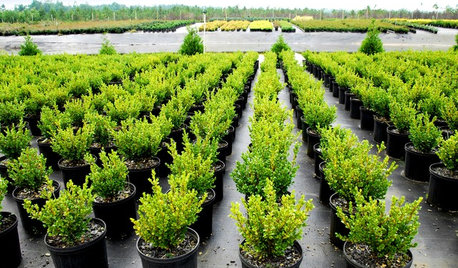
TREESHow to Buy Healthy Trees and Shrubs
A healthy young plant with a strong form is more likely to do well in your yard. Here’s what to look for at the nursery
Full StoryMore Discussions







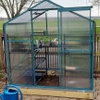
rt_peasantOriginal Author